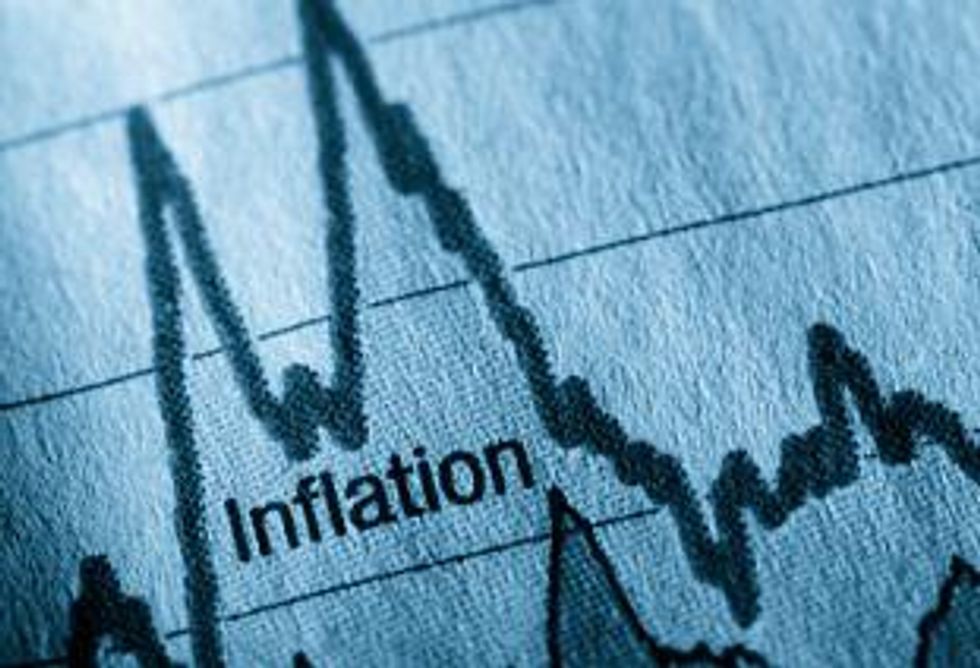Can Fertilizer Prices withstand a Double-Dip Recession?
Knowing very well that economic troubles may lie ahead, executives of major fertilizer companies have stood firm in claiming that their industry is well-positioned to withstand a bumpy ride, and claim that it will take a “severe and prolonged” global recession to crimp fertilizer demand.
By Leia Toovey- Exclusive to Potash Investing News
The recent market volatility has resurrected fears that the world economy is about to plunge into another recession. If another recession is in store- to what degree will it impact the fertilizer market? While the shares of fertilizer producers are not immune to macroeconomics, the overall sector is robust. Knowing very well that economic troubles may lie ahead, executives of major fertilizer companies have stood firm in claiming that their industry is well-positioned to withstand a bumpy ride, and claim that it will take a “severe and prolonged” global recession to crimp fertilizer demand.Despite economic tailwinds, grain prices are expected to remain high. World grain inventories are at dangerously low levels, and will require a few seasons to rebuild, provided that the future weather cooperates, and farmers pull in good yields. In the meantime, grains prices will respond in a knee-jerk fashion to any evidence that suggests yields may decline. As grain prices remain high, farmers have plenty of incentive to maximize yields- and the best way to maximize yields is to apply fertilizer.
Farmers have already increased their fertilizer purchases in an attempt to capitalize on high grain prices. Mosaic (NYSE:MOS) CEO Jim Prokopanko recently told Bloomberg that Canpotex’s “cupboard is bare.” In the second-quarter earnings call, Potash Corp (NYSE:POT) CEO Bill Doyle told investors and media that “Meeting the world’s growing demand will be one of the biggest challenges in our industry in the years ahead.” At the end of June, North American potash inventory levels at the producer level were 26 percent below the average of the last five years.
After months of holding out for lower prices, last week India reached the realization that high potash prices area around to stay, and therefore finally inked a deal with Canpotex for the supply of the essential crop nutrient. Following that agreement, more deals were made. This past Sunday, Israel Chemicals (TLV:ICL) announced that it signed a deal to supply India with one million tonnes of potash at $490 per tonne. The time frame for the agreement is eight months, from August 2011 to March 2012, and the agreement includes an option for ICL to supply another 100,000 tonnes under the same terms. The new agreement involves a price increase of about $120 per tonne compared to the last agreement between ICL and India.
India is 100 percent reliant on imports to meet its high demand for potash, and this is supporting recent rumours that India is a potential suitor for a 20-25 percent stake in Belarusian potash producer Belaruskali. The government was contemplating a strategic stake in a potash mining firm outside India, but no concrete proposal has been finalized, a top official from the federal ministry for chemicals and fertilizers told Reuters. While the government would not directly confirm or deny the rumours, if India does move forward with a bid for Belaruskali, analysts expect that it could be met by stiff competition from either China or Russia. The Belarusian government is currently looking at selling a stake in its prize asset, Belaruskali, in order to raise some much needed capital.
India may have been willing to come to the table for potash producers, but it appears that Indian fertilizer companies will cut back on their phosphate imports due to rising prices. India imports a majority of its requirement of DAP, the second-largest selling fertilizer in the country after urea, and farmers rely on a government subsidy to make the needed nutrient affordable. The subsidy on DAP currently translates to a benchmarked price of $612 per tonne, and analysts project that the international price of DAP is likely to cross $660 per tonne by October. Indian companies usually commence contract negotiations for phosphate purchases for the following season around October. India has already scaled back purchases this year, due to higher prices. Industry and government officials say that since October 2010, Indian companies have contracted only 4.6 million tonnes of DAP, compared to the 6.5 million tonnes contracted in the same time period one year earlier. The government is not expected to raise the subsidy to help out the farmers.
Disclosure: I, Leia Toovey, have equity interests in Potash Corporation of Saskatchewan.
